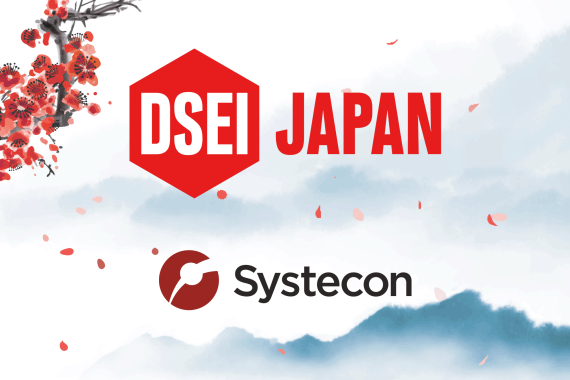

Systecon's CEO Tomas Eriksson takes a look into the future of Analytical Driven Life Cycle Management
I would like to thank all of our customers for a great year, and for providing us with your feedback and ideas, which is key to our future development. The Opus Suite community is continuing to grow, the suite is used for a greater range of analyses in more parts of our customers’ organizations, and we have been able to meet more customers and users, at User Conferences and Training programs, than ever before. It's been a truly satisfying year, and I am looking forward to an exciting 2019 when we, together, take Analysis Driven Life Cycle Management (LCM) even further!
Strong community
Throughout the year, I have been struck by how the concept of Analysis Driven LCM is growing around the world. It has been inspiring to meet the Opus Suite community – to share ideas, experiences, and progress. Our customers are the most skilled and committed group of craftsmen within the area of modeling and simulation. It’s exciting to see the big improvements in cost effectiveness that they have been able to bring to their organizations. Systecon and the Opus Suite now have customers in more than 30 countries, and in 2018, we have hosted Opus Suite User Conferences in Sweden, USA, Italy, Australia, Germany and the UK.
Analytical Driven Life Cycle Management – look into the future
I am also happy to see that many of our customers are tapping into the potential that lies in applying a structured LCM work. I hope that the changes we are making to the software and services we provide are, and will continue to be, a key part of their success.
Throughout this year, we have continued placing emphasis on Analysis Driven LCM. In short, this means that decisions are made based on a prediction of the future outcome quantified in terms of operational readiness and life cycle cost in a system's life perspective. With this approach and by optimizing solutions based on a holistic approach, huge costs can be avoided and the performance of the systems increased.
To reap the full benefits, the analysis must not be an isolated activity. To influence and involve the decision maker, it should be integrated in the strategic business processes. For this to happen, one key element is to make it easier and faster to iteratively perform analysis when conditions are changing, but also to make results more readily available. This will become even more crucial with the increasing pace of change and development in the world.
Efficient modelling increases accessibility and ease of use
The idea that Analysis Driven LCM should be readily available and applied across major programs is a key driver for how Opus Suite will be developed in the coming years. We pay close attention to how the suite is used, but also to how procedures are changing within our customer's organizations and industries.
The last couple of years, we have to put a lot of focus on efficient modelling. The main idea is to make the Opus Suite tools as easy to use as possible – for our clients to be able produce models that can are adaptable, easy to build and maintain and that produce results quickly, accurately and effectively.
Reworking the data model
A key to success will clearly be to make it easy to build models correctly and integrate to the format of the data sources. To achieve this we are currently in the middle of a thorough rework of the Opus Suite data model. The aim is to make it easier and more straightforward to build correct models.
The specification of the new data model is the result of significant efforts during the last year, which we are now in the process of implementing. We are also taking this opportunity to rework the simulation logics of SIMLOX and calculations in OPUS10 to make them more robust, reduce risks of modelling instabilities and lay the ground for continuously improving the efficiency in our continuous development.
Step-by-step release of Opus Suite 2019
To ensure that we will be able to deliver the new version of Opus Suite with the same high quality that our customers expect, we have decided to take additional time for the development and testing of the new data model. As usual, we will release a new version of Opus Suite in the first quarter of 2019. In the third quarter of 2019 we plan to deliver a version with the new data model implemented. For this reason, the regular first quarter release of the Opus Suite will not be as extensive as usual. In the first quarter of 2020 we will be back to our regular release schedule.
________________
Tomas Eriksson, CEO Systecon
tomas.eriksson@systecongroup.com



